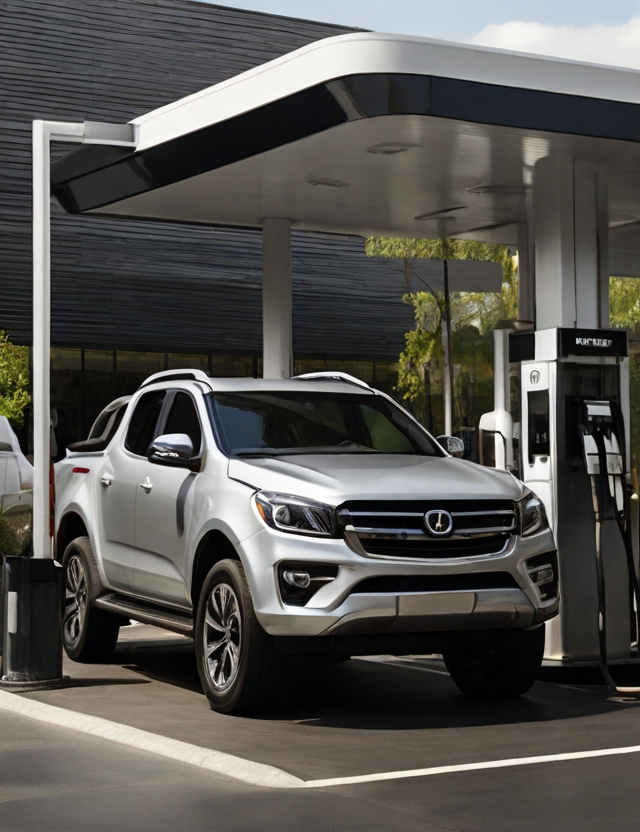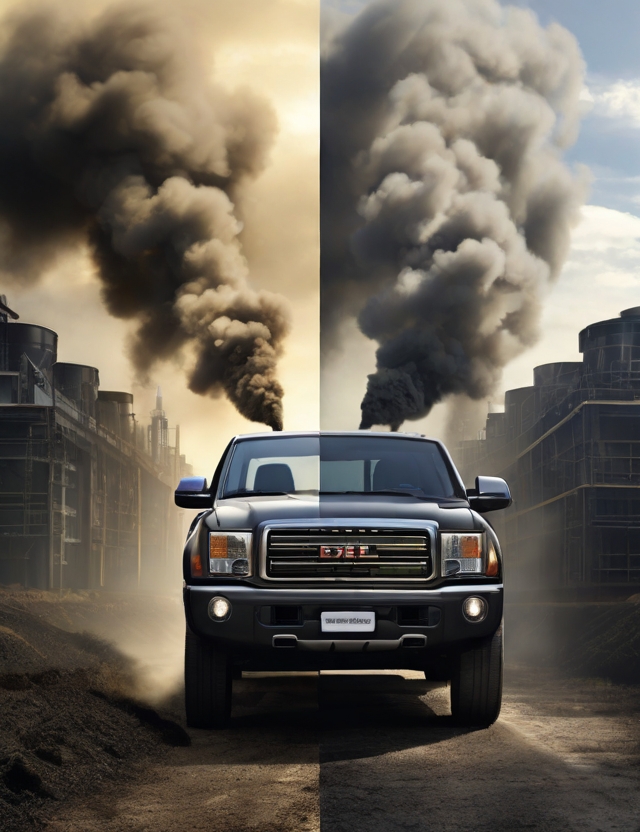Using the wrong fuel in an inappropriate tank can lead to significant damage, and the combination of gasoline with diesel is no exception.
Mistakes can happen to anyone, regardless of how cautious they believe themselves to be. The inadvertent act of mixing gasoline with diesel occurs more frequently than one might think. If, for instance, someone mistakenly fills a Flex SUV with diesel, a tow truck will inevitably be summoned, and the resulting financial loss can be substantial.
First and foremost, it is crucial to recognize that the incorrect fuel must be entirely purged from the tank. It’s important to note: merely removing the quantity added at the time of the error is insufficient. The entire mixture must be promptly and thoroughly extracted.
A critical recommendation is to avoid attempting the removal of this fuel blend without proper knowledge. Modern vehicles are equipped with safety features preventing the extraction of liquid through the tank’s mouth. This safety measure is imperative to prevent fuel leakage in the event of a rollover. Any mistakes made by an amateur can lead to significant complications.
Gasoline versus Diesel
Both fuels are derived from petroleum. However, diesel is refined differently, requiring a compatible engine, typically with a specific compression and air-fuel mixture standards. Diesel engines compress air to ignite fuel, as opposed to the spark ignition used in gasoline engines. This fundamental difference sets them apart.
So, what should be done in the event of a mixed fuel scenario? The good news is that accidentally introducing diesel into a gasoline tank is highly unlikely. The larger diameter of the diesel hose nozzle makes it challenging to fit into the gasoline tank.
Nonetheless, if such a mixture does occur, the first and foremost rule is never to start the vehicle under any circumstances. Instead, it must be towed to a reputable mechanic. A skilled professional will perform a proper drainage of the tank using the appropriate equipment, minimizing any potential risks.
Introducing gasoline into a diesel-powered vehicle will undoubtedly cause damage, the extent of which depends on the amount of gasoline introduced. If a substantial quantity (exceeding a quarter of the tank) is added, the engine may start momentarily but will promptly stall.
In such cases, it becomes imperative to drain the fuel, cleanse the entire circuit, and replace the filter. If the fuel has reached the catalytic converter, it could cause damage, necessitating a replacement.
Vigilance is key. Repeated errors in fuel exchange diminish the lifespan of engines, leading to repair costs that are not always budget-friendly.
Diesel, being denser than gasoline, provides superior lubrication. Gasoline, on the other hand, is thinner, possesses lower lubrication properties, and has a higher combustion potential, making engine components more susceptible to damage.



